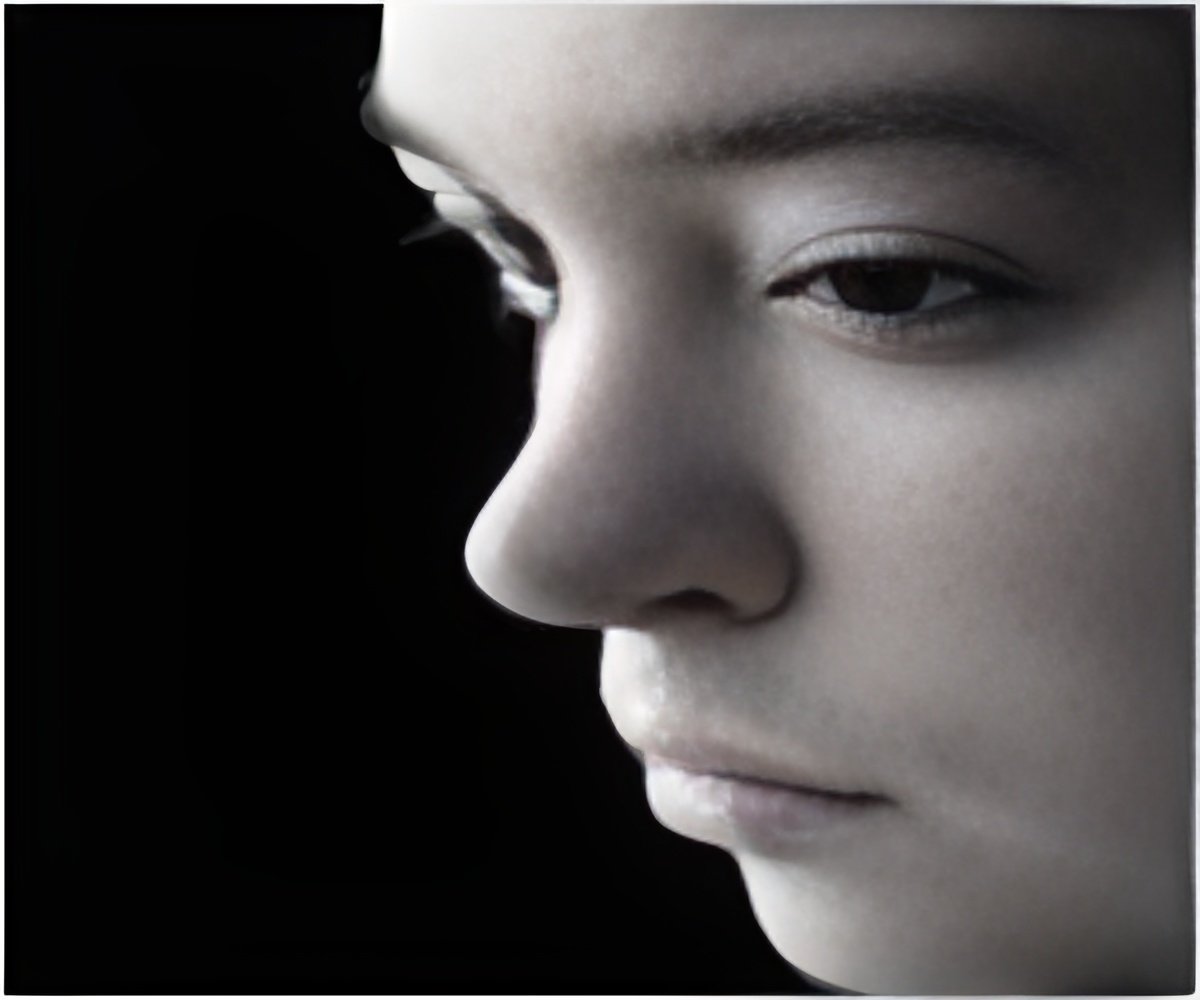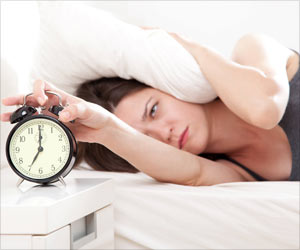Loneliness might be a reason for your sleep deprivation, say researchers from King’s College London.

‘Lonely individuals have restless sleep; they might feel less safe having been exposed to abuses at an early stage of their life.
’





Researchers define loneliness as a distressing feeling that people experience when they perceive their social relationships to be inadequate. This is distinct from the concept of social isolation as people can be socially isolated without feeling lonely or feel lonely despite being surrounded by many people.The researchers sampled data from the Environmental Risk (E-Risk) Longitudinal Twin Study, a cohort of 2,232 18-19 year-old twins born in England and Wales.
They measured loneliness by scoring responses to four questions: 'How often do you feel that you lack companionship?', 'How often do you feel left out?', 'How often do you feel isolated from others?' and 'How often do you feel alone?' They also measured sleep quality in the past month, including the time it takes to fall asleep, sleep duration and sleep disturbances, as well as daytime dysfunction such as staying awake during the day.
Overall 25-30 per cent of the sample reported feeling lonely sometimes, with a further five per cent reporting frequent feelings of loneliness. The researchers found that the association between loneliness and sleep quality remained even after they accounted for symptoms of mental health problems such as depression and anxiety, which are commonly associated with sleep problems and feeling lonely.
One of the proposed reasons for restless sleep in lonely individuals is the possibility that they feel less safe, so the researchers examined the impact of past exposure to violence, including crime, sexual abuse, child maltreatment and violent abuse by family members or peers.
Advertisement
The study authors suggest a number of biological processes, which may explain the association between loneliness and sleep quality, including a heightened biological stress response.
Advertisement
Researcher Louise Arseneault said that diminished sleep quality is one of the many ways in which loneliness gets under the skin, and the findings underscore the importance of early therapeutic approaches to target the negative thoughts and perceptions that can make loneliness a vicious cycle. The study appears in the Psychological Medicine.
Source-ANI















